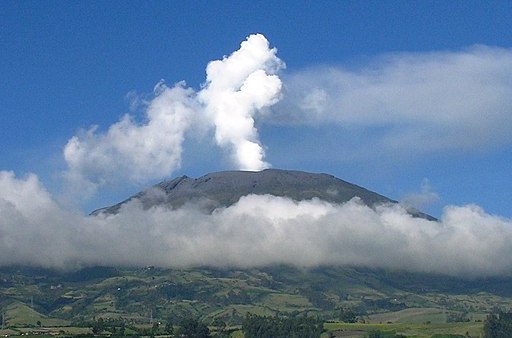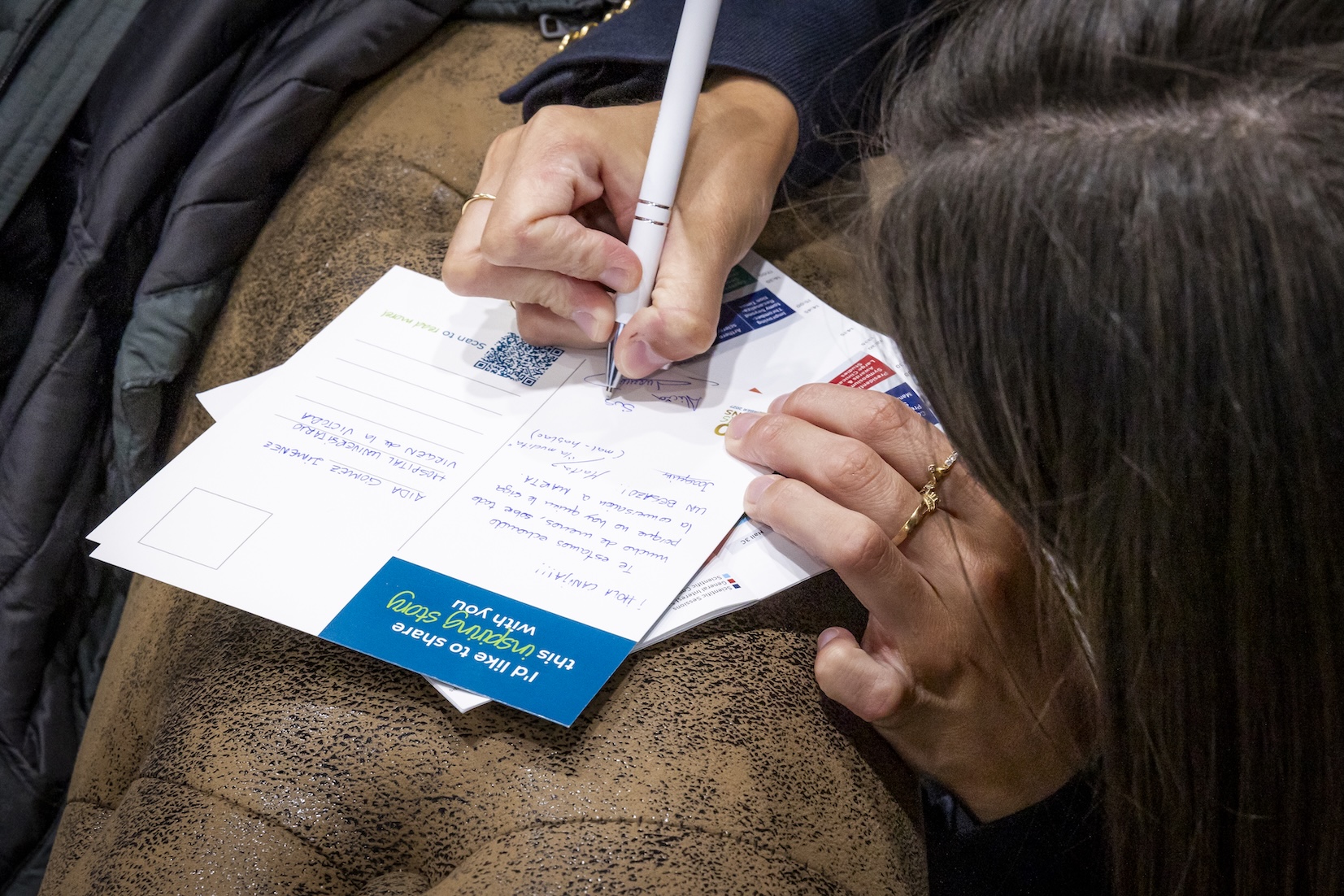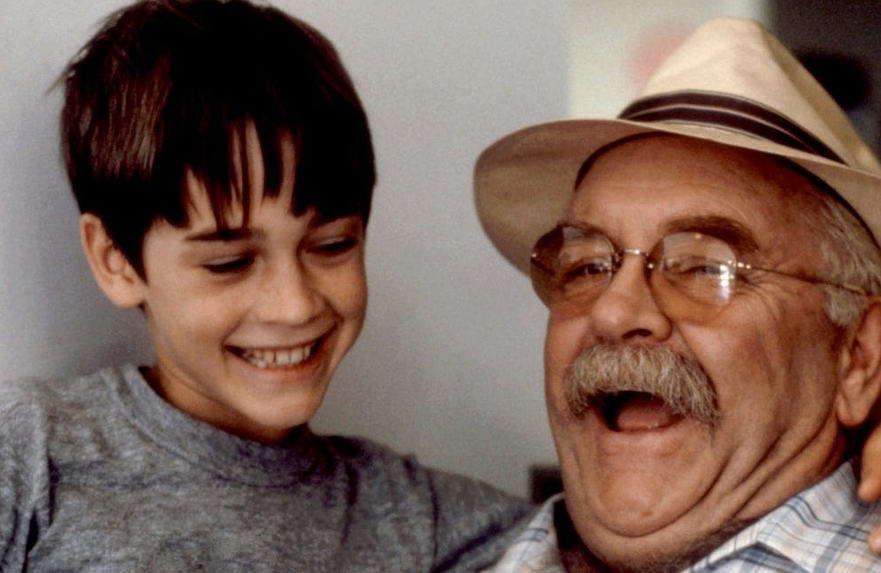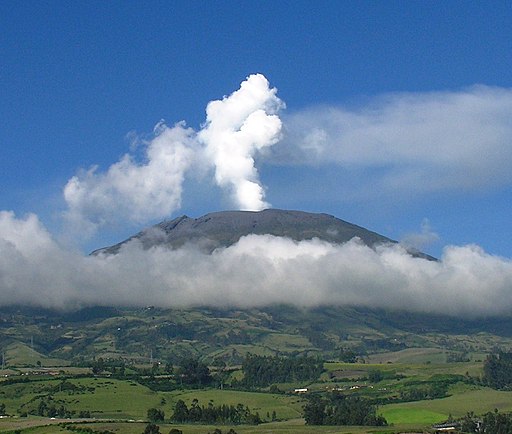
콜롬비아 남서부의 나리뇨는 웅장하지만 웅장한 아름다움이 있는 곳입니다. 160만 명의 거주민 대부분은 해발 1,500미터 이상의 화산 안데안 고원에 거주하며, 에콰도르 국경의 조밀하게 정착된 튜커레스-이피알레스의 높은 고평부는 구아티아라 강에 의해 부서 수도 파스토와 분리되어 있습니다.
파스토 자체는 갈레라스 화산의 옆구리에 위치하고 있으며, 이는 아무 것도 아니고 슬리핑 사자로 알려져 있습니다. 콜롬비아에서 가장 활동적인 화산인 이 사자는 모든 어카운트에서 가벼운 어카운트입니다.
파스토는 도로나 공중에서 접근하기가 어렵기 때문에 인구에 대한 의료 서비스 제공이 어렵습니다. 그 결과, “모든 것이 너무 멀리 떨어져 있다”는 믿음은 이 공동체에 깊이 뿌리를 두고 있습니다. 뇌졸중 환자가 급성 치료에 접근하는 데 걸리는 시간을 단축하기 위한 중재는 일반적으로 잘 확립된 비관적인 것으로 보일 수 있는 것으로 충족됩니다.
도움이 되는 관점은 긴 여정이 끝날 때만 이용할 수 있으며, 따라서 많은 사람들에게 전혀 이용할 수 없는 것은 파스토의 병원과 콜롬비아의 Angels 팀 간의 파트너십을 통해 해당 지역의 뇌졸중 치료를 개선할 수 있는 새로운 대안을 찾는 인센티브였습니다. 2021년 후반에 이 파트너십은 새로운 업무 방식을 구현하기 시작했으며, 귀하는 원격의료 네트워크라고 부를 수 있습니다.
“원격의료”는 통신 기술을 통해 환자의 원격 진단 및 치료를 용이하게 하기 때문입니다.
“네트워크”는 지역 병원과 가장 가까운 첨단 센터를 최적의 뇌졸중 치료를 제공하기 위해 이용 가능한 병상 및 혈전용해제와 연결하기 때문입니다.
비틀린 점은 계획이 기존 네트워크를 사용하게 되므로 육상에서 벗어나기 위해 투자할 필요가 없다는 것이었습니다. 이는 완전히 정형외과적으로 보였지만 동시에 손끝에서 바로 확인할 수 있는 솔루션이었습니다. 파스토 뇌졸중 네트워크는 기본적으로 수백만 명의 사람들이 이미 사진을 공유하고 연락을 유지하고 있는 동일한 인스턴트 메시징 플랫폼의 채팅 그룹일 것입니다.
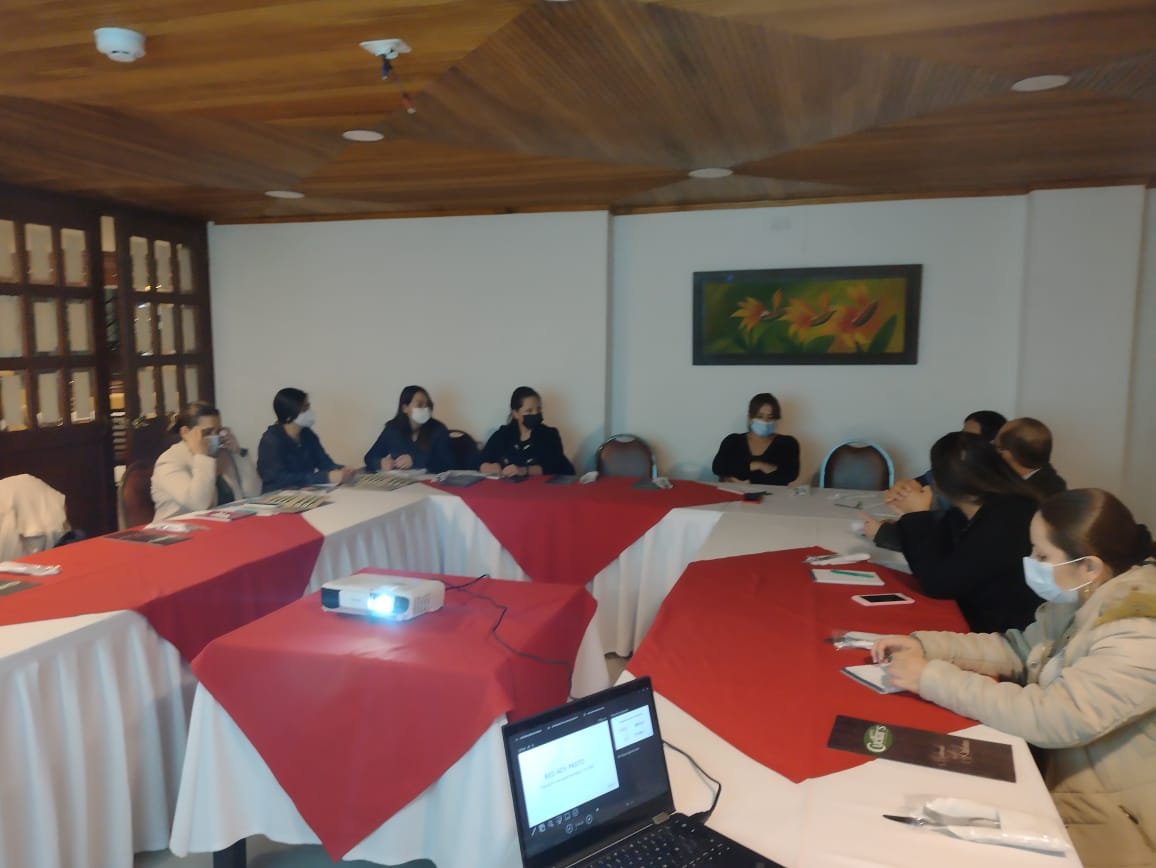
Pasto Stroke WhatsApp Group은 Nariño Departmental Hospital, San Pedro Hospital Foundation 및 Hispanic America Clinic을 포함한 병원과 콜롬비아의 Centro de Regulación de Urgencias y Emergencias(CRUE)가 주관하는 병원 전단계 진료 담당자가 참석한 2021년 11월 16일에 대한 회의 후 설립되었습니다. 병원 전 처치 뇌졸중이 이 지역에 미치는 영향과 뇌졸중 치료를 위한 뇌졸중 치료 센터와 고도의 숙련 학제간 팀을 갖추고 있음에도 불구하고 행정 장벽과 함께 수도로부터 먼 거리가 있기 때문에 환자가 너무 늦게 도착하여 치료를 받을 수 없었다는 사실에 대한 정보를 공유했습니다.
이 회의에서는 이전에 시스템에서 제외되었던 지방자치단체 병원들뿐만 아니라 파스토의 병원들을 포함하는 WhatsApp 그룹을 만들도록 승인했습니다. 이 도구를 사용하여 시립 병원은 다른 병원의 뇌졸중 전문의와 소통하고 화상 회의 상담을 통해 진단 및 치료에 대한 도움을 받을 수 있으며 가장 가까운 고급 케어 센터를 찾을 수 있습니다. 환자를 받은 병원에서 필요한 중재를 이용할 수 없는 경우, 필요한 치료를 제공할 수 있는 것으로의 전송 속도를 높이기 위해 코드가 활성화될 것입니다.
CRUE와의 커뮤니케이션과 관련하여, WhatsApp의 실시간 위치 공유 기능은 앰뷸런스에 대한 보다 정확한 지침, 보다 효율적인 커뮤니케이션, 네트워크 내 병원들 간의 훨씬 더 간소화된 흐름을 가능하게 하는 게임 체인저가 될 것입니다.
Pasto Stroke WhatsApp Group은 2021년 12월에 가동되었으며, 첫 뇌졸중 코드는 12월 28일에 활성화되어, 달리 먼 거리와 거친 치열함으로 인한 부상자가 되었을 수 있는 환자의 신속한 이송과 치료를 가능하게 했습니다. 뇌졸중
환경은 여전히 어렵지만, 이전에 의뢰되기 위해 며칠을 기다려야 했던 환자들은 이제 24시간 이내에 이송되고 4.5시간 이내에 더 많은 도움을 받을 수 있습니다. 또 다른 중요한 개발에서 이 지역의 첫 번째 뇌졸중 전담 뇌졸중 병동은 Nariño Departmental Hospital에서 건설 중입니다.
여기와 화산 안딘 고원에 있는 "모든 것이 너무 멀리 있다"는 생각은 사람들이 함께 일할 때 진정으로 지장을 줄 수 있거나 불가능한 것이 없다는 감각으로 서서히 대체되고 있습니다.
